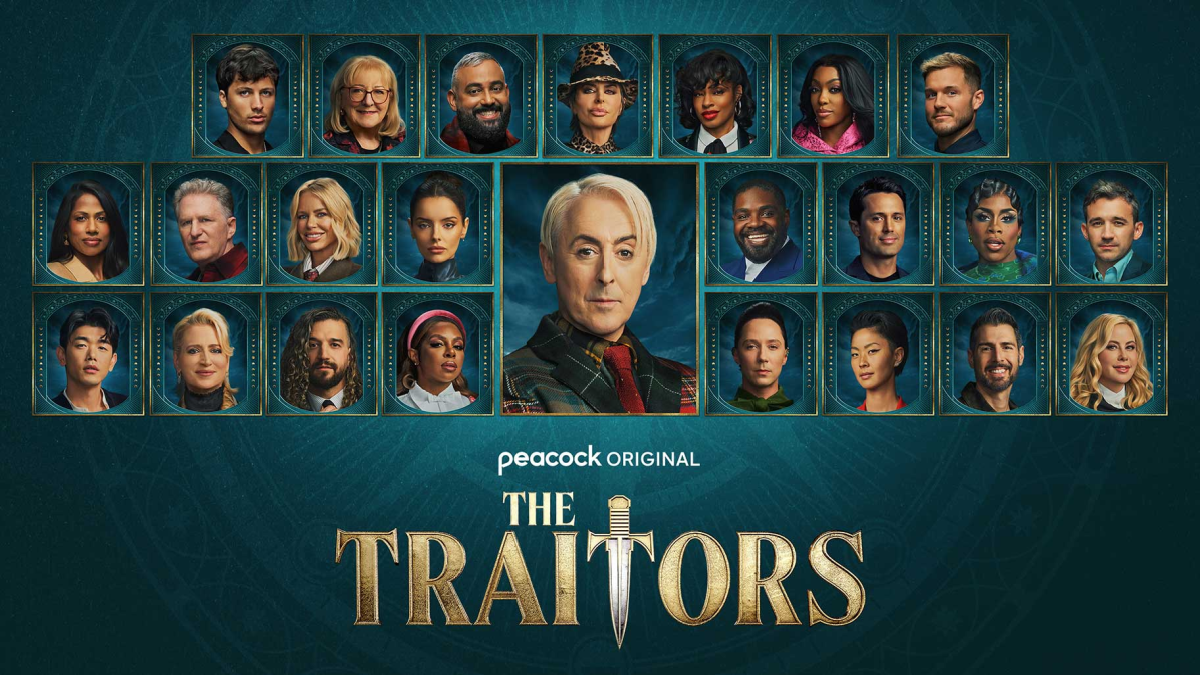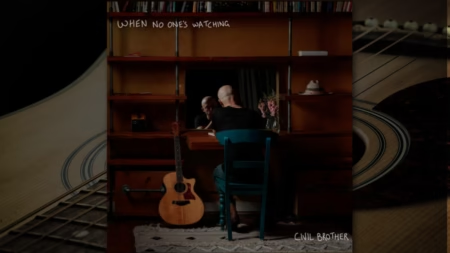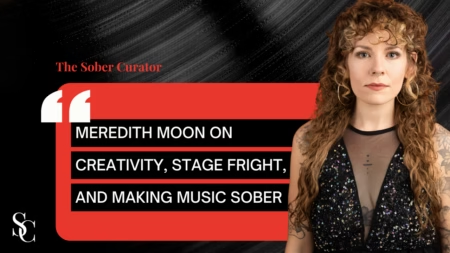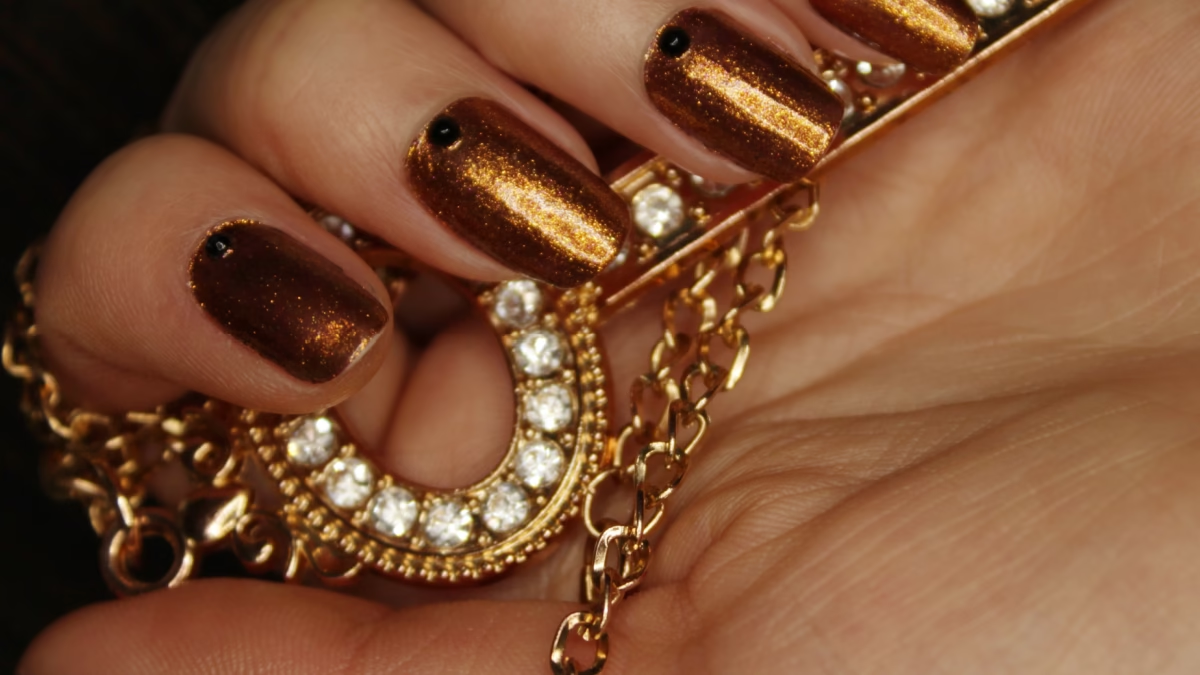
The first time I hit play on Taylor Swift’s new album, “The Life of a Showgirl,” I felt it in my body before I had words for it. It was the pulse of someone taking up space. It felt like lipstick and brass knuckles, politics and perfume. After several albums that felt like reading the open pages of her diary, this one walks the hallway in heels, head high and unbothered. But when I got to “Father Figure,” I knew what was coming.
“I’ll be your father figure, I drink that brown liquor
I can make deals with the devil because my dick’s bigger
This love is pure profit, just step into my office
They’ll know your name in the streets.”
Taylor Swift has written about sex, power and money before, but never with this kind of growl. But, rather than shock value, the lyrics play with inversion. She borrows the swagger of the men who profited from her work and makes it her own currency. And predictably, they made people furious. Within hours of release, critics called the album overproduced, immature, and empty. “The Atlantic” called Showgirl “the sound of an overworked and overexposed entertainer reaching the mountaintop to find something worse than disappointment: burnout.” “The Guardian” said it “lacks catchy hooks.” Threads and reels called it cringey, vapid, ego-drunk.
But let’s tell the truth: the backlash isn’t really about the music. It’s about how much we still hate a happy, confident woman.
The Purity Panic
Every generation invents new language for the same old control. Purity culture never left. It just learned better PR. It found a prettier way to say “behave.” It taught women that our worth is earned through restraint. Don’t drink too much. Don’t want too much. Don’t shine too much. There will always be a cost.
The rules keep changing, but the lesson stays the same. Joy must be justified. Desire must be disciplined.
So when a woman refuses to apologize for her pleasure, the moral panic kicks in. The reviews pretend to be about artistry, but they’re really sermons about tone. She’s too proud. Too sexual. Too self-referential. She should repent, reflect and return to sadness. That’s where “serious” women belong.
Showgirl refuses that confessional economy. Its beats are celebratory. The lyrics are mischievous. Its posture is unserious in the most serious way. It isn’t a fall-from-grace album. It’s an I-built-my-own-stage album. And that makes people deeply uncomfortable.
The Fear of Pleasure
Listen to “Wood”:
“Forgive me, it sounds cocky
He ah-matized me and opened my eyes
Redwood tree, it ain’t hard to see
His love was the key that opened my thighs.”
It is playful and explicit. Beneath the innuendo is something more radical: a woman naming her own arousal without shame. The double meaning — knocking on wood and sexual wordplay — is the point. Humor is the spark that burns the shame out of the room.
For centuries, male artists have built entire catalogs around conquest. They sing about bodies as territory and desire as proof of dominance. Those songs are called classics. When a woman writes about pleasure without apology, the response becomes a referendum on morality.
Critics reach for words like tacky or self-indulgent. What they really mean is too free. Too embodied. Too unbothered by the need to make her joy instructive or safe. The same ancient purity logic — that a woman must be either virtuous or degraded — is still alive in pop culture. It’s just wearing modern clothes.
What Taylor does here is refuse to frame desire as sin or spectacle. She doesn’t ask to be redeemed for wanting. She writes herself as the subject, not the lesson. That is the threat — and the triumph.
The Recovery Parallel
In my coaching work, I see this all the time. Women in recovery who feel guilty for feeling good. Who believe they have to suffer longer before joy is allowed. They turn healing into a project instead of a homecoming.
The backlash to “Showgirl” mirrors that same pattern. When women reclaim agency — in art, in sobriety, in their own bodies — the world calls it arrogance. When we refuse to stay small, we’re labeled self-absorbed. But freedom looks like self-trust. Recovery looks like turning the music up and remembering your body is yours.
Sobriety that serves compliance is praised; sobriety that serves freedom is disruptive. Taylor’s new album isn’t about alcohol, but it is about intoxication. The kind that comes from power, autonomy, audacity. That’s what makes the critics so uneasy.
The System She’s Mocking
“Father Figure” isn’t raunchy; it’s retribution. It takes aim at the men who profited from her catalogue and the gatekeepers who treated her as a brand to be traded. The line “I can make deals with the devil because my dick’s bigger” flips the script on the business-suit patriarchy. She uses their own language — boardroom bravado and locker-room bluster — to expose how ridiculous it’s always been. That isn’t vulgarity. It’s satire.
And satire is dangerous when it comes from someone you can’t dismiss. A powerful woman performing confidence is always coded as a threat. That’s why critics pretend her confidence is the problem. They can’t say, “We resent women who don’t need our approval,” so they say, “The production is overblown.”
Why It Hits So Hard
What critics call excess is actually restoration. “Showgirl” isn’t burnout. It’s what healing sounds like when a woman stops explaining herself. The volume, the radiance, the self assurance — that’s recovery made audible.
We’ve been taught — especially as women — that redemption should be quiet, and that belonging is something we earn by being good. But healing isn’t quiet. It laughs, moans, dances, seduces, swears. It has rhythm.
When Taylor sings like she’s reclaiming her own luster, it feels like permission to take up space and let pleasure stand as proof of growth instead of guilt.
The Real Politics of Big Dick Energy
The phrase “big dick energy” once belonged to men who could brag without insecurity. “Showgirl” steals it, rebuilds it and gives it back in sequins. It isn’t about anatomy. It’s about agency. When women move with that same unbothered confidence, patriarchy loses its favorite weapon: shame. Taylor Swift isn’t waiting for a cue. She’s running the show. And that, more than any lyric or beat, is the real scandal — a woman who knows she’s the main event.
She isn’t performing power. She’s turning it on.
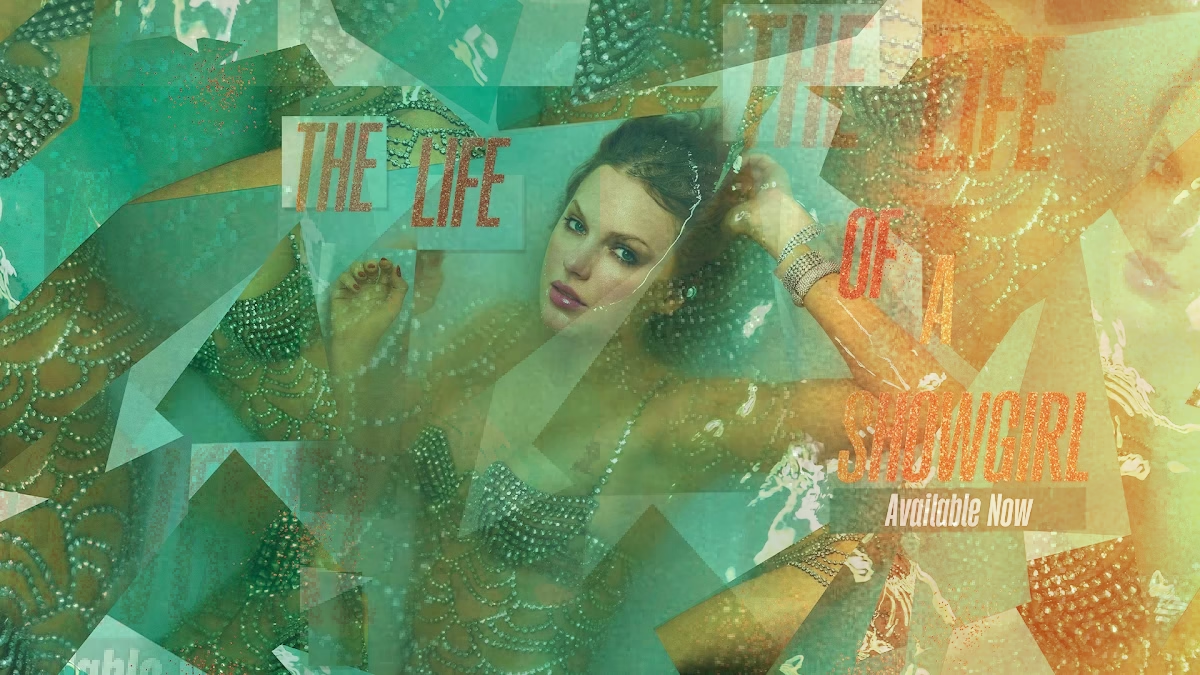
MUSIC – PLAY IT AGAIN! Album Review | Taylor Swift’s “The Life of a Showgirl”: Dancing Into Recovery’s Pink Cloud
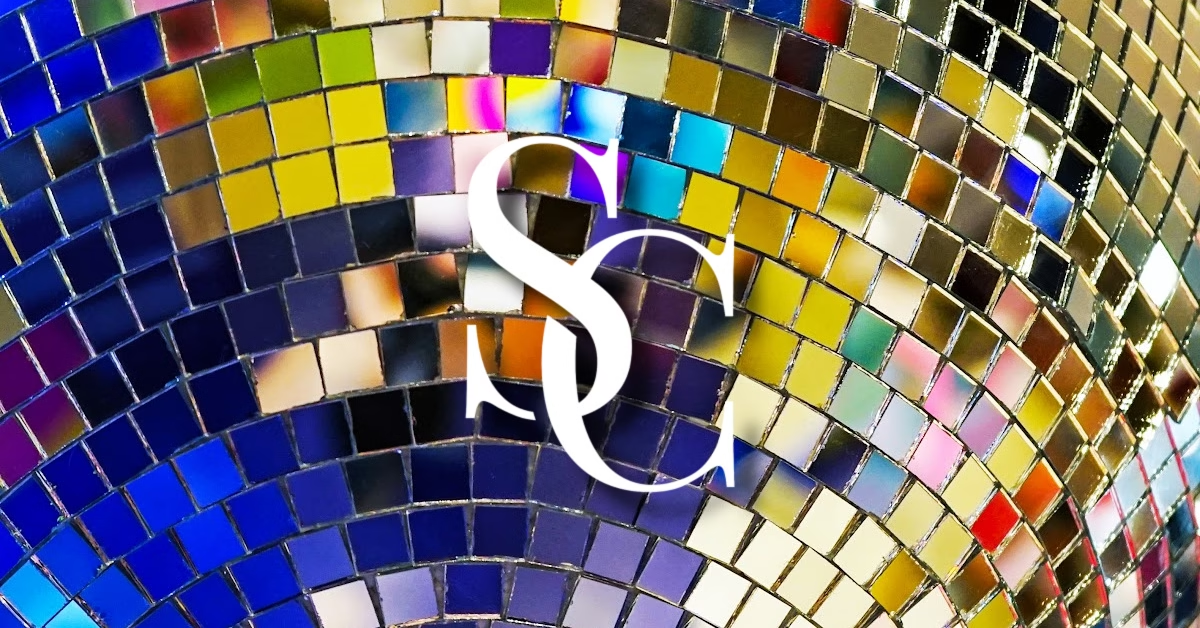
PLAY IT AGAIN is The Sober Curator’s curated playlist of sobriety anthems—songs that capture the essence of recovery journeys and lift the spirit. From timeless classics to modern hits, these tracks inspire, heal, and motivate, no matter what genre of choice. Each song is handpicked for its power to transport you to another state of mind and remind you why living alcohol-free rocks.
Got a favorite sobriety theme song? We want to hear it! Send your picks to thesobercurator@gmail.com and help us keep the playlist growing.
Other Taylor Swift Related Content Featured on TSC:
CURATED CRAFTS: Taylor Swift Inspired Diamond Art Funko Pop-Ups: The Sparkliest Way to Spend a Sober Sunday
SOBER SPORTS: Playoff Showdown Looms as Dolphins Take on Taylor Swift and the Chiefs: A Remarkable Journey of Sobriety for Dolphins Coach Mike McDaniels Since 2016
MUSIC – PLAY IT AGAIN! TS12 Is Here. Showgirl Recovery Is Calling
WALK YOUR TALK: Decoding Taylor Swift’s Iconic Style: My Name is Harley Skorpenske and I am a Sober Swiftie
SOBER LIFESTYLE: Sober Swiftie Recovery Group, Swift Steps, based out of Philly is an Eras Concert, but Make it Sober
MUSIC – PLAY IT AGAIN! Pop Princesses, Dopamine and the Recovery of Joy


SOBER POP CULTURE at The Sober Curator is where mainstream trends meet the vibrant world of sobriety. We serve up a mix of movie, podcast, fashion, and book recommendations alongside alcohol-free cocktails, celebrity features, and pop culture buzz—all with a sober twist.
We’re here to shatter the “sobriety is boring” myth with a mash-up of 80s neon, 90s hip-hop edge, early 2000s bling, and today’s hottest trends. From celebrity shoutouts to red-carpet style inspo, this is where sober is as chic as it is fun. To the celebs using their platform for good—our Sober Pop Trucker hats are off to you!
Resources Are Available
If you or someone you know is experiencing difficulties surrounding alcoholism, addiction, or mental illness, please reach out and ask for help. People everywhere can and want to help; you just have to know where to look. And continue to look until you find what works for you. Click here for a list of regional and national resources.




